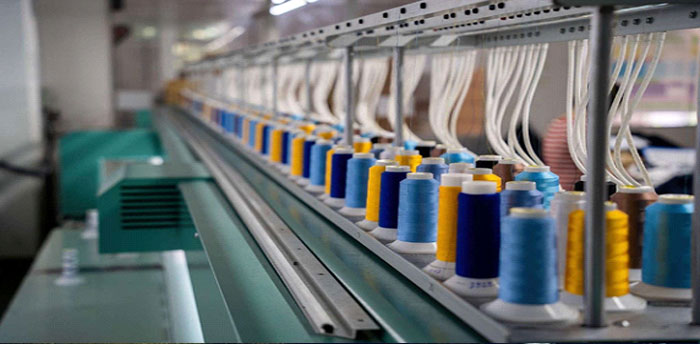Threads of Innovation: Unveiling Uttar Pradesh's Textile Sector Policies
Innovating Tradition: Uttar Pradesh's Roadmap for a Vibrant Textile Future

The textile sector in Uttar Pradesh is on the cusp of transformative growth, bolstered by a comprehensive policy framework designed to attract investments and foster sustainable development. The “Uttar Pradesh Textile and Garmenting Policy 2022†serves as a cornerstone of this initiative, aiming to enhance the state's competitive position within the textile industry.
The policy outlines a series of incentives and support mechanisms tailored to promote the textile sector, including:
- Land Cost Subsidy: A reimbursement of 25% of land costs for new textile units established in government-developed industrial areas, with a reduced subsidy of 15% applicable in Gautam Budh Nagar.
- Stamp Duty Exemption: New units outside Gautam Budh Nagar benefit from a 100% exemption from stamp duty, while those within the district receive a 75% exemption.
- Capital Subsidy: A capital subsidy of 25% on the purchase of plant and machinery is available for units employing a minimum of 50 personnel. Additionally, units located in Poorvanchal and Bundelkhand regions can receive an extra 10% subsidy.
- Electricity Duty Exemption: Newly established textile and garmenting units are exempt from electricity duty for a period of ten years, promoting operational cost efficiency.
- Employment Generation Subsidy: Mega and super mega garmenting units are eligible for an employment generation subsidy of ₹3,200 per worker per month for five years, excluding units located in Gautam Budh Nagar and Ghaziabad.
- Freight Reimbursement: To incentivize exports, units can claim reimbursement for freight costs incurred over five years, starting with a 75% reimbursement for the initial two years.
Support for Integrated Textile Parks
The policy also emphasizes the development of integrated textile parks through various incentives:
- Private Textile Park Incentives: The government provides financial assistance up to ₹50 crores (50% of project costs) for private parks covering a minimum area of 25 acres.
- Silk Industry Promotion: The policy includes subsidies for sericulture activities, offering a 15% capital subsidy for investments up to ₹1 crore and interest subsidies for silk reeling units producing locally sourced threads.
Promoting Youth Entrepreneurship
Recognizing the importance of youth engagement in the textile sector, the policy includes initiatives aimed at fostering entrepreneurship:
- Self-Employment Initiatives: Young entrepreneurs under the age of 35 can access substantial capital subsidies to establish handloom or power-loom businesses, design studios, or marketing companies.
- Export House Support: Financial assistance is available to cover registration fees and infrastructure costs associated with establishing new export houses.